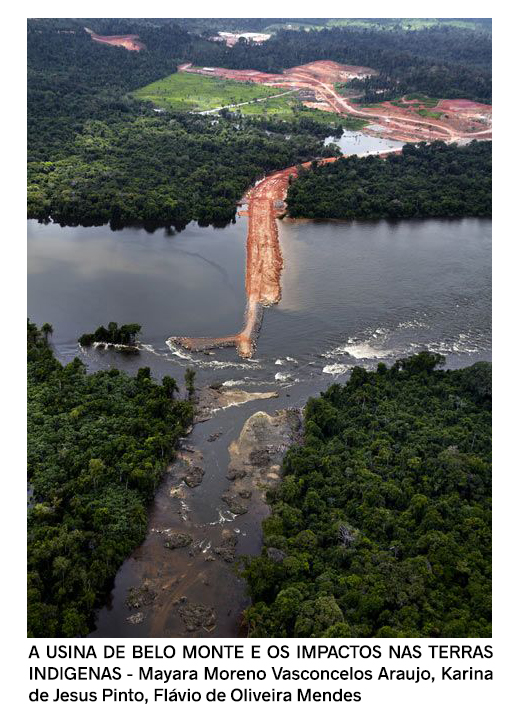Damming the Irrawaddy
Executive Summary: "The Irrawaddy, one of Asia's great river systems which flows through Burma's heartlands, is about to be dammed. Burma's military junta is allowing Chinese companies to build a giant 152-meter-tall hydropower dam and transmit the electricity back to China. The dam is one in a series that the junta has planned involving the export of power to neighboring countries. While the regime will gain new revenues, Burma's ordinary citizens, who have no say in the process, will bear the costs.



